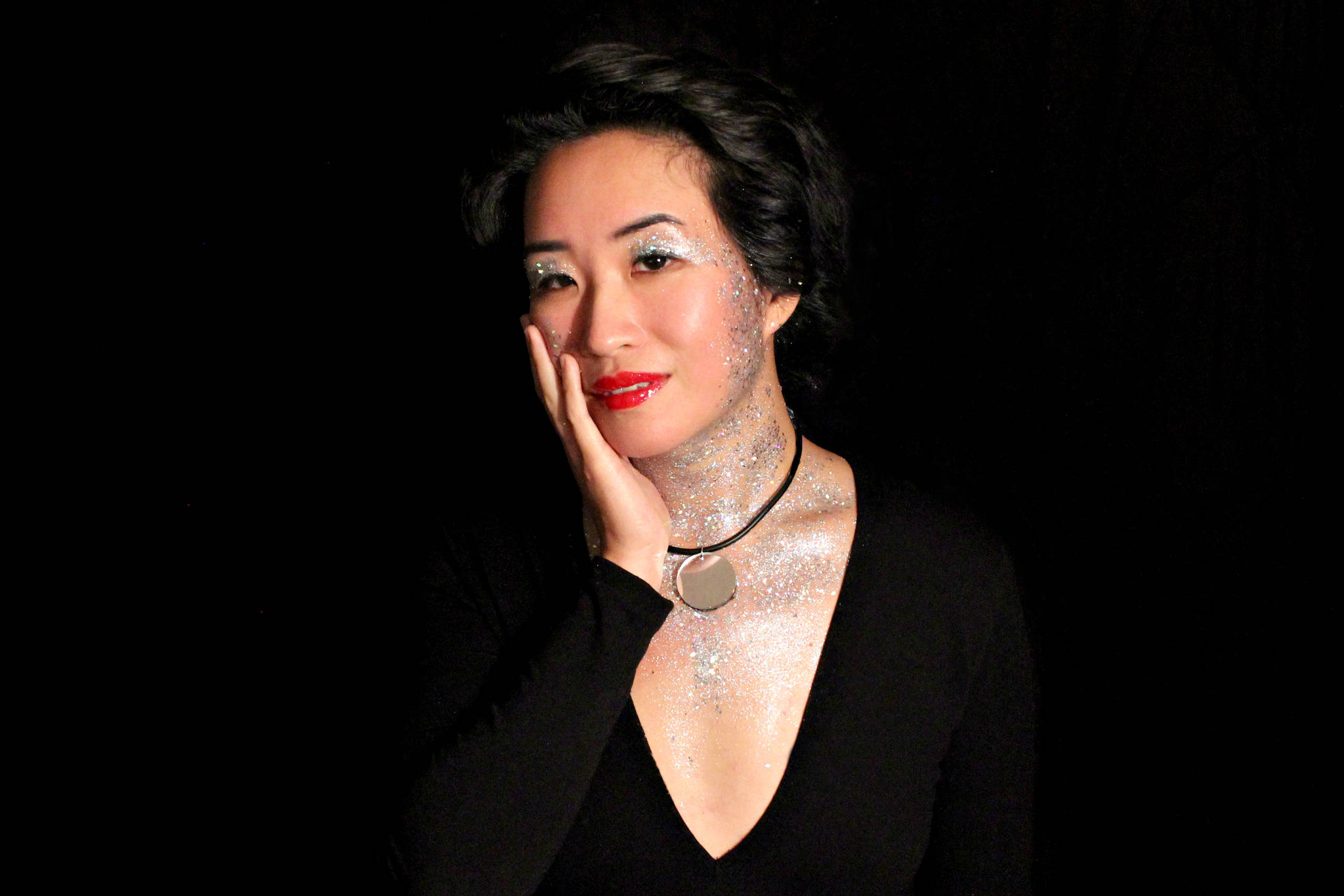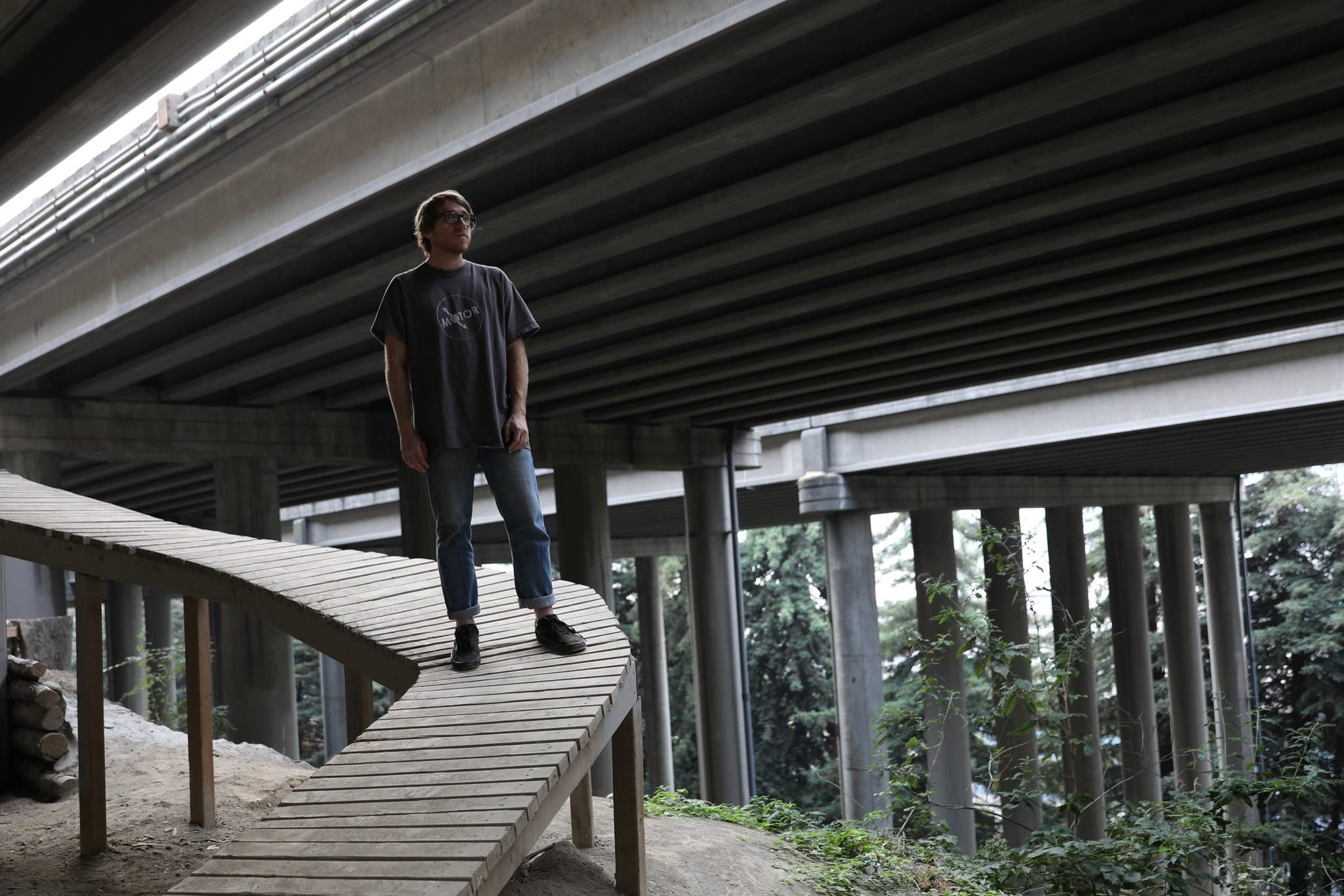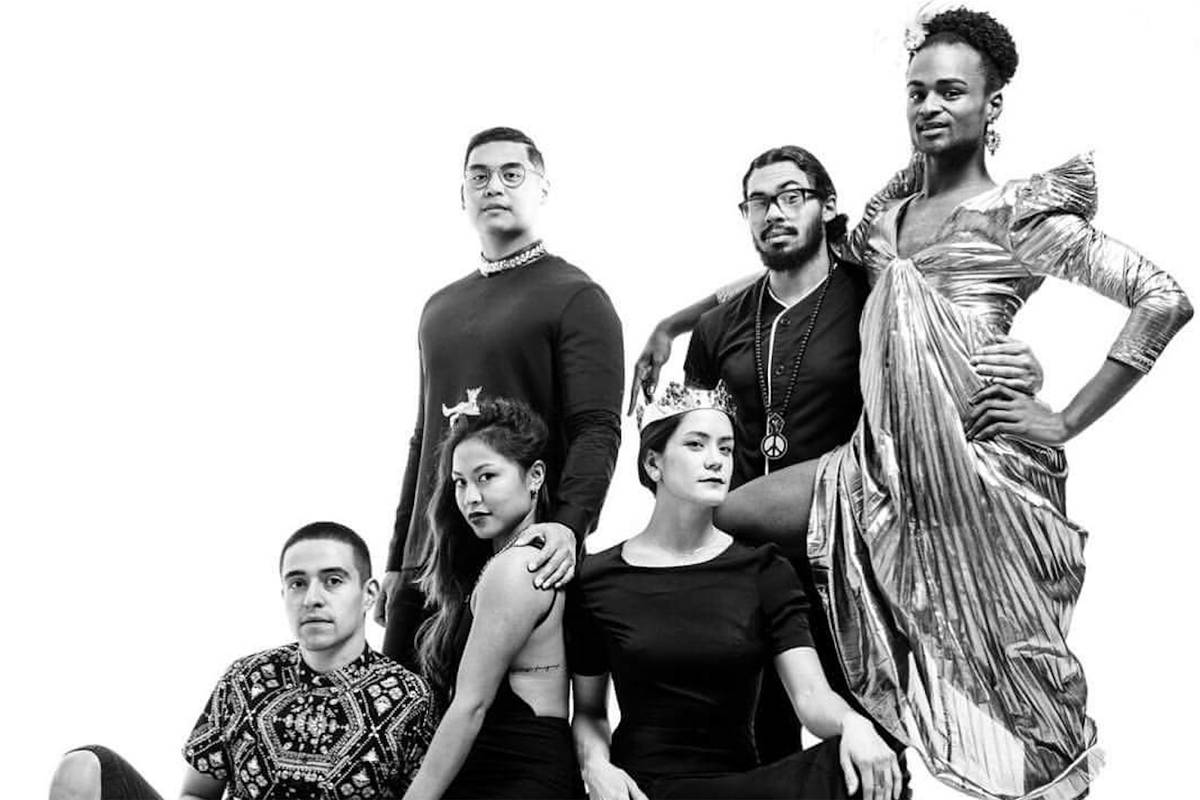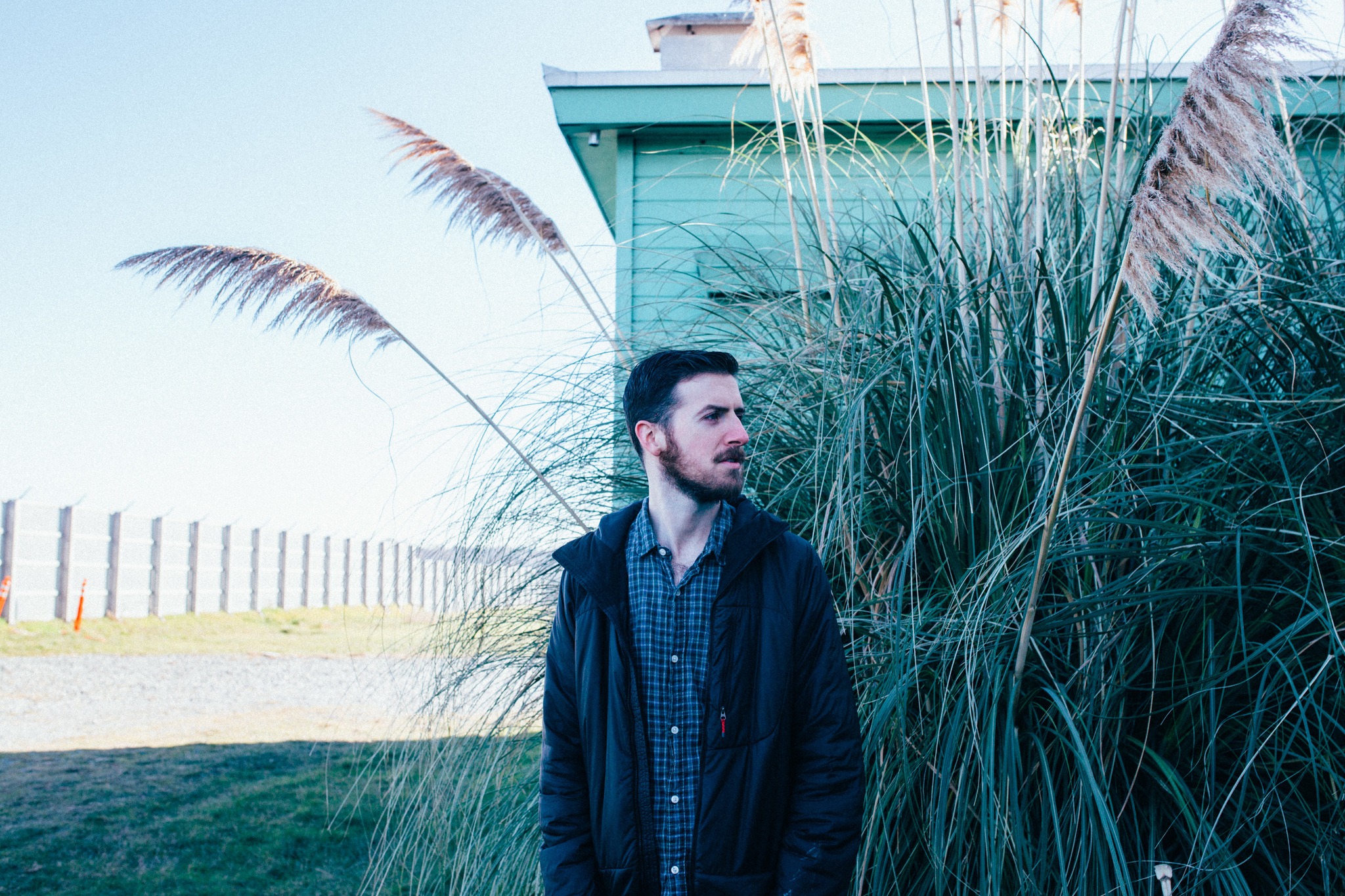“Less like a music festival and more like a large scale art installation.”
That is how Corridor Festival organizer Kirsten Thom says she wants the one-day immersive event to feel. Large-scale indeed—on Saturday, January 23, 14 musical artists, nine visual artists, and three dancers will present work at the cavernous Equinox Studios in Georgetown, a warehouse-cum-industrial cathedral with a central chamber nearly half the size of a football field. Lasting from 1 p.m. to 11:30 p.m., plus an after party, the day will be as long as it is large, which seems only right for an event with ambitions of this magnitude: to transcend the human necessity of being alone.
“I’m really interested in what happens to people in intense group situations,” one of the event’s other organizers Matty McBride tells me. “We’ve seen it at parties at 5 a.m., but I was curious as to what a long-form daytime scenario would look like. Especially with this particular kind of music. It’s not really party music; there won’t be many beats, so why do people go? What are people looking for? I mean, I definitely don’t know. Intimacy, maybe?”
Perhaps it was these questions that motivated the foundation of Elevator by McBride and Thom in 2014. Elevator brings musicians who are national touchstones of innovation to Seattle, such as Holly Herndon, Laraaji, or Julia Holter, and showcases experimental local talent that might otherwise have a hard time finding a bill. With help from other local collaborators and friends, they are now presenting Corridor Festival, an event they hope will do a lot more than entertain.
“I think that something akin to magic exists,” says Thom. “It happens when you can feel a complete erosion of ego and you feel connected to the awareness that everything and everyone is part of a whole and that separation is an illusion.… If we can create a space where people feel totally comfortable being themselves and being fully present, it will feel magical.”
McBride agrees that this erosion of self is something art aspires to, but that breaking down ego is not a demolition, but “a production. An excess. Like a halo. It’s pretty tangible, I don’t even think it’s that woo-woo to say. You could call it ‘community,’ but I also don’t think it’s very permanent, so whatever we call it will disintegrate soon enough.”
The word “community” is battened about so often in the arts world it’s become a pretty hollow signifier, but maybe “community” is what we’re shoring up with the fragments of that halo after the moment collapses. The memory of a shared, transcendental moment sticks around like a residue; searching to relive that moment compels us to keep going out, and finding it again makes us feel like part of something.
I asked Corridor organizer Campbell Thibo why he does so much unpaid work coordinating and promoting events like Corridor for the “community.” Thibo is a self-described “systems artist” who works in the mediums of dance, music, voice, guerilla readings and anarcho-gardening. For Corridor, he booked the dancers Belle Wolf and Coleman Pester, and the a cappella choir The Esoterics, and will be performing himself.
It just so happened that Thibo had already written a “reflective essay” in which he asks himself the same question. He’d composed the essay on a whim and sent it to the other Corridor organizers after a long night of “writing emails with my thumbs, sending text after text with a pasted link to [Dave Segal’s The Stranger] article about a day-long show [Corridor].” He wonders rhetorically to his collaborators, “Why do I do this?”
Thibo first considers that he’s doing it for the money. He writes, “If it is money—that I think I will become wealthy by convincing people to, one at a time, pay twenty dollars—I need to be more realistic. The most I have ever personally made from any night of performance I organized is 50 dollars.” He considers that perhaps it’s actually the fear of losing money that keeps him promoting into the night—all the organizers of Corridor fronted the costs, and if no one comes he won’t even recoup what he put into the event, which means “shelling out money I don’t have to various artists, or the embarrassing chain of negotiations with them to lower their stipend.”
He then says something I’ve always longed to hear an event organizer actually say: “This festival makes me look good… This makes me appear to be doing Important Things, working with Smart, Creative People, and acting Wise, Culturally. Along with that, I appear Generous. Festival planning is Narcissistic.”
He then considers one text in particular he’d sent about Corridor, to someone “very compelling, if perhaps a bit cocky,” whom he’d “had a crush on, briefly.” Deconstructing his motivations for the invitation, Thibo weighs the value of her admission ticket, the possibility of getting to know each other better, how her presence at the event would improve his experience of it, and yes, how it makes him look good to tell her that he planned this.
“A final thought comes to surface:” he then writes, “that perhaps she will actually come, and so will everyone else, and we will all see or hear or touch one other. Which—togetherness—is what I think this is about.”
Thibo continues, “I have not stopped believing in at least fragmentary universal connectivity, where people see one another briefly for who they really are. Looking at one another should challenge us toward compassion.… I do not know why we need media like music or art to facilitate meeting, if we do. But sharing an experience of music, especially of new music, critically, may allow us to see some of ourselves in an other. I believe these relationships gradually build to create what I would consider rich life”
It seems these organizers think their efforts worthwhile because they hope to build a rich life, for themselves and others, using the tools of the magic Thom hopes for, or the halo that McBride described. Kellye Kuh, another of the Corridor organizers, touches too on the flashing bridge of understanding that she hopes Corridor can build between us:
“When something provocative happens in a room full of strangers, you’ll remember it. You’re sipping a hot cup of tea, shocked and blissed out at the same time, feeling resonance at the core, and when you look around you’re aware you’re not the only crazy one.”
music@seattleweekly.com
Musical performances by A Box In The Sea, Ahnnu, as_dfs, Beastnest, Black Hat, decimus, DJAO, LIMITS, Raica, Ramzi, Rene Hell, Sarah Davachi, The Esoterics, and x/o.
Art installations by Bristol Hayward-Hughes, Ceci Cor-Leo, Coldbrew Collective, Grey Ellis + TARA, Leena Joshi, Jinx’ 75- A Live Visuals Studio, Annisa Amalia (with HimeHime) and Robin Cullen.
Dance performances by Belle Wolf, Campbell Thibo, and Coleman Pester.







